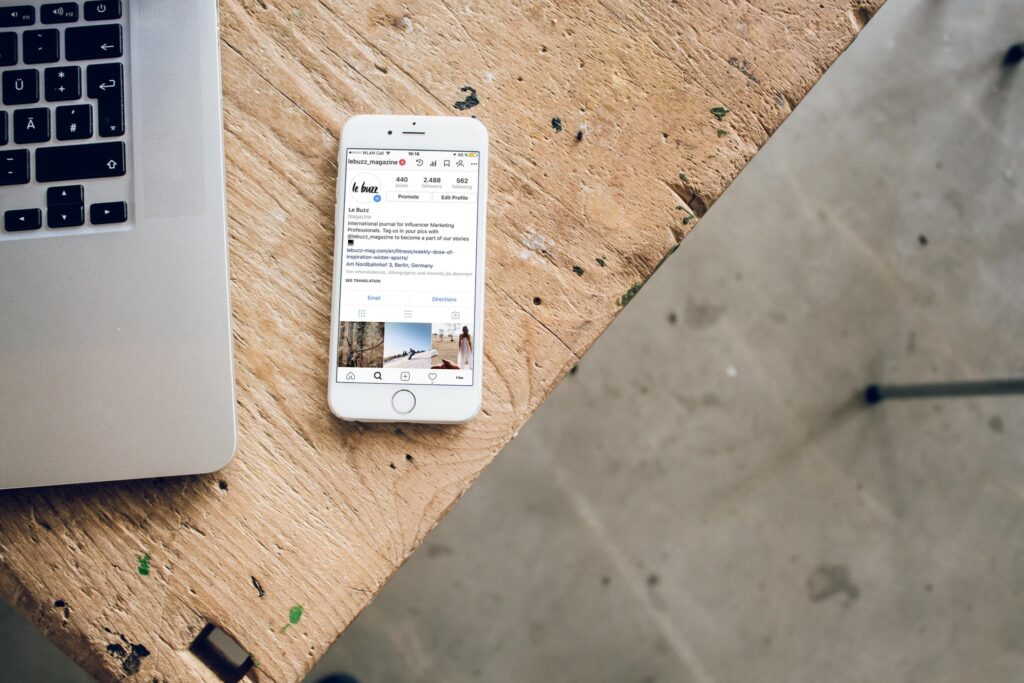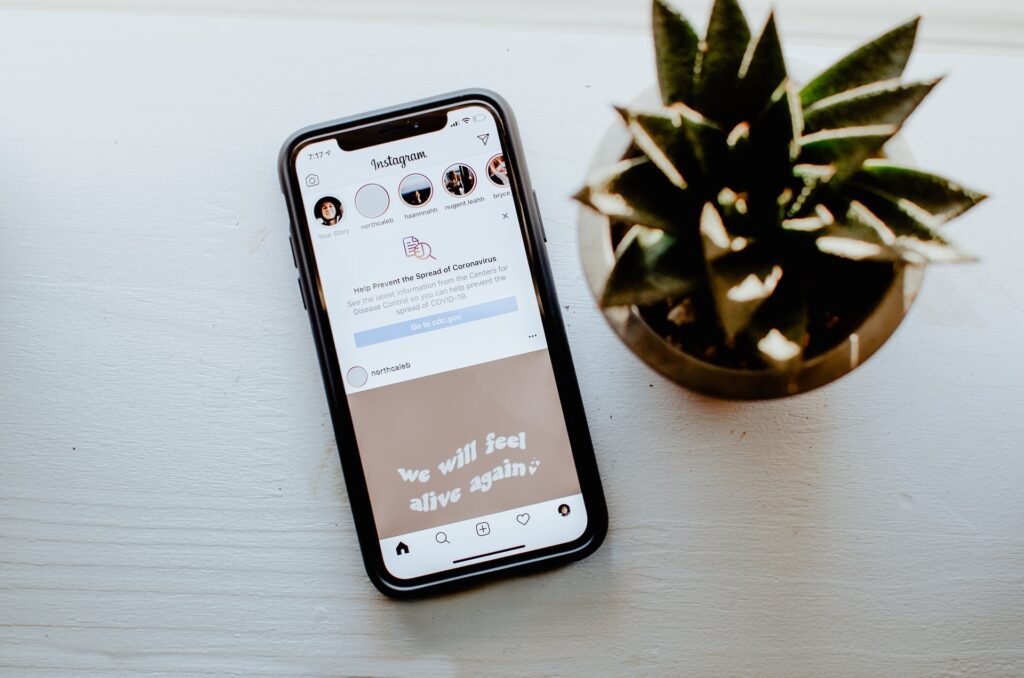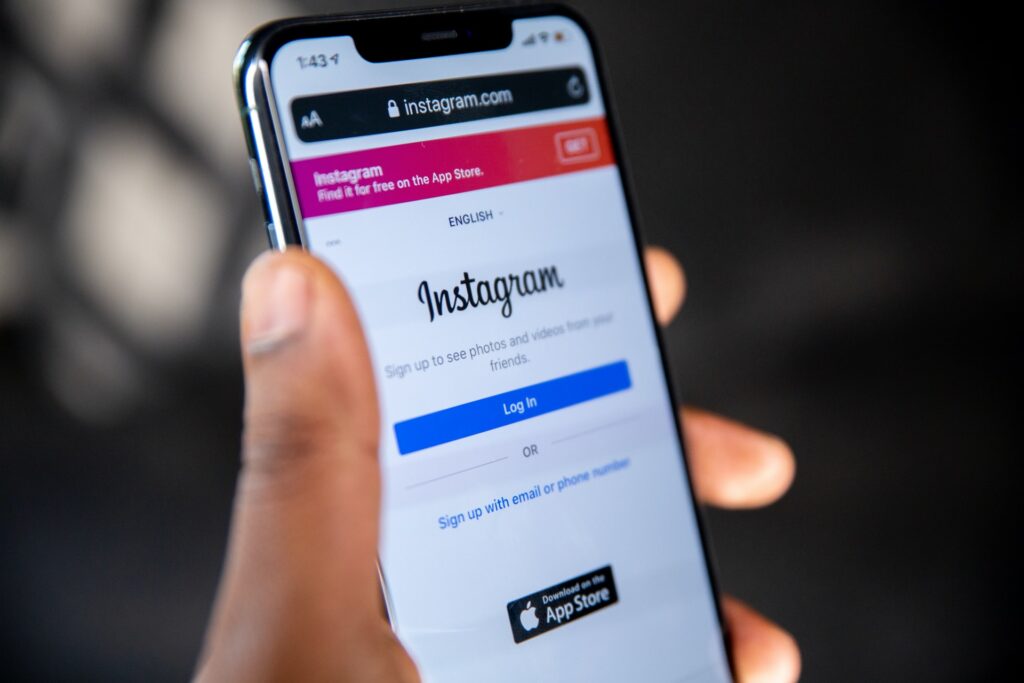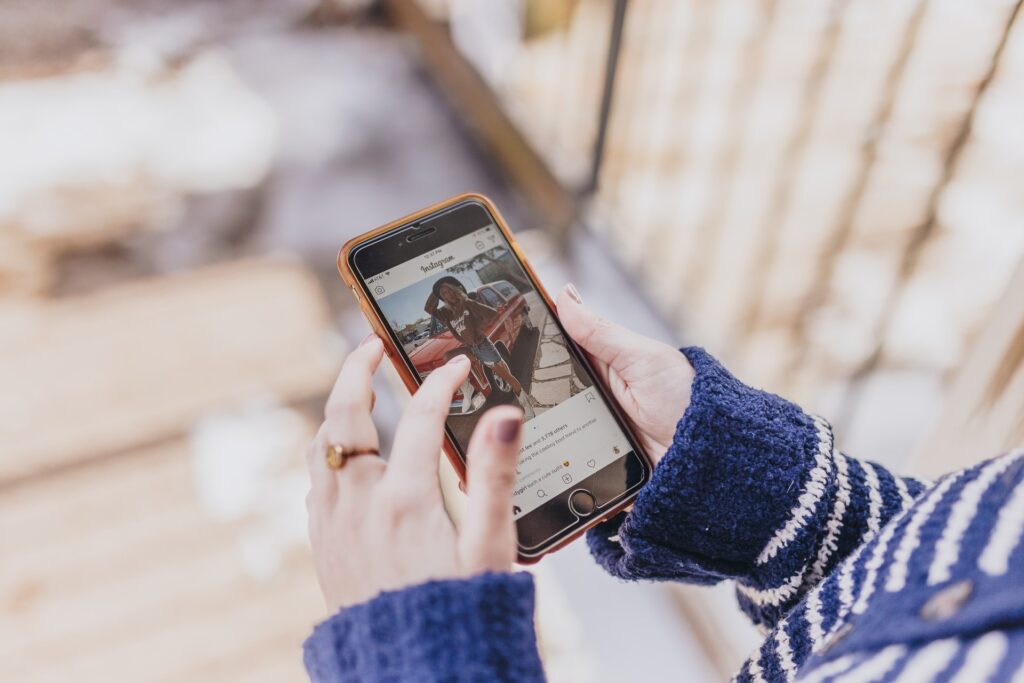
You’ve met a promising new potential beau on a dating site, and you’ve agreed to go out. You are intrigued by their nice pictures, charm, and excellent communication skills. Before you meet them in person, what do you do? Check out their social media, of course. Some of us are guilty of using sites like CheckPeople to run background checks on potential dates.
We do want to know something about who we’re meeting, obviously, and for many reasons. Not only for compatibility but for safety reasons as well. So, the short answer to the title question is a clear, resounding “yes.” It’s perfectly acceptable to want to look at someone’s tweets and their public social media profiles on sites like Facebook and LinkedIn to learn about their goals, interests, training, and achievements. That task gets easier if they have their own (company) website.
Of course, it would be for the best or if you mutually agree to exchange your social media profiles. But even then, you have to be careful when looking at that profile. Try to be objective – no matter how much you like this person – and check for any red flags, or possibly it is a fake account.
You can get a sense of what the person is like by taking a not-so-quick glimpse at their social networks. However, remember that your first impression might not necessarily be completely accurate. Social media is about curating an image for a broad audience. Here are good points from this article on maximizing social media opportunities to get a special someone’s attention. However, even with this kind of stalking, there are rules to follow. Here are some important ones that might be of help.
Don’t add or follow them too quickly

You should think twice before adding someone or following them on social media before meeting for the first time in real life – especially before discussing it with them about it in the first place. This could send the wrong message. The Match study found that fewer than 20% of singles considered it acceptable to friend someone on Facebook or add them on Snapchat before the first date. Try to find out what they would think about such a thing, and then, proceed accordingly.
Speaking of “likes”…

I know it seems obvious, but be careful when liking the photos of your future date while browsing them. According to a study by Match.com, only about one-fifth of singles think it is acceptable to like someone’s pictures before the first date. It makes the stalking a bit obvious, and they might feel that you are invading their privacy. Would you be comfortable with them liking one of yours? On the other hand, there are some people who are okay with this – but you have to be sure they are that kind of person. If you decide to do such a thing, make sure that it is a recent photo, as liking an older picture would suggest that you have gone through most of their pictures. Of course, it is very probable that you have done that, but do they really have to know?
Wait before you change your pic and tag them in posts

A few dates are not enough so that you would share a selfie of you two, let alone to update your profile picture to include the new person in your life. You should both be ready for this step as it would put your relationship in the public eye. Only 10% of singles find it acceptable to put up a couple’s photo on your profile after just a few dates. Keep things between you two until you are both ready for that kind of step. If one party hesitates, it is unwise to push for it. If they are not ready, and they feel backed against a wall, it could damage the relationship.
If you want to tag them in a post, you should wait until after a few dates, according to 40% of respondents. Don’t be tempted, even if you’ve taken the cutest couple’s selfie in the world.
Befriending their friends

Again, you two need to agree whether you’re in a committed relationship before you start befriending their friends on social networks. More than 50% of respondents say that the right time to start friending their friends and family members would be after starting a more serious relationship. Try meeting them in real life first, before engaging with them in a virtual way.
Words of warning

Most people take social media snooping way too far. It is easy to get carried away by their posts or likes, searching for their exes, but ultimately, you are seeing information about a person you don’t actually know, which might actually be irrelevant to their real life, as it is selective. People usually show on social media the things they want to show; what they allow other people to know and see, or to believe about them. It is easy to take this information out of context and arrive at the wrong conclusions. Also, you could end up messing up an otherwise really great date because you would be preoccupied with confirming the assumptions that you have come to.
There is also the risk that they’ll find out you have checked on them. It will be infinitely more difficult to ask sincere questions to get to know them when you actually meet, considering you would already know so much from their social media profiles. Besides, you could accidentally say something that you have found out, but they haven’t yet shared it with you, and that would lead to an awkward situation and embarrassing explanations.
People who take snooping too far miss out on the fun of spontaneously discovering things about someone else.
Yes, doing some research in advance can save you from a dead-end encounter, but the likelihood of missing an important piece of the puzzle is much higher. You don’t have the advantage of filtering your findings through the lens of a relationship when you look at someone’s social media before actually meeting them. If you are still worried about your safety, make sure you tell your best friend, siblings, or even your parents, where you’re going before your big night out, and have them check up on you during the date and afterward.











